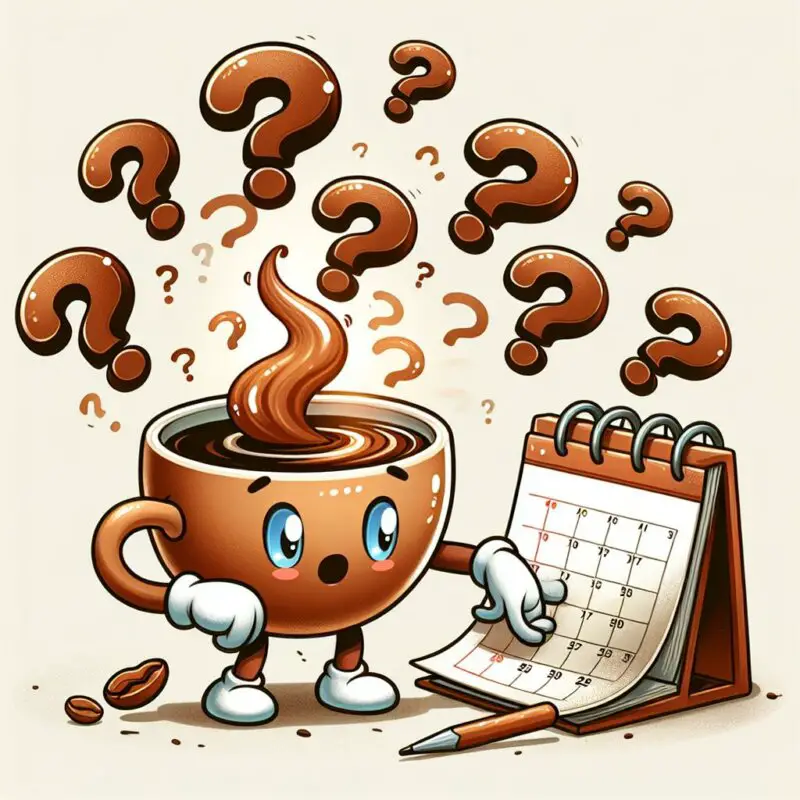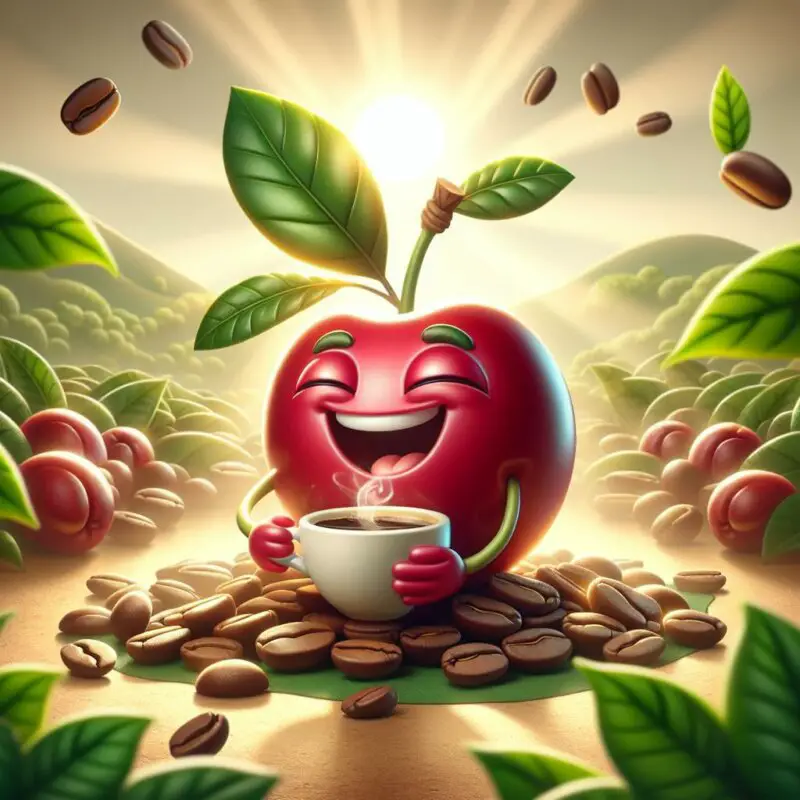This post may contain affiliate links. Please read my disclosure for more info.
Ever wondered why some folks enjoy coffee after dinner? It might seem odd, depending on your background. But there’s a reason behind this tradition. Let’s dive into why having a cup of espresso post-meal is a thing for many.
Enjoying coffee after dinner is a European tradition. It’s great for socializing, can aid in weight loss, improve overall health, and give you an energy lift to beat post-meal drowsiness.
Ever wonder why you reach for coffee after a meal? Or why restaurants offer it? We’ll dive into why this craving hits, the cultures that started it, and share tips on picking the perfect post-meal coffee. Get ready for a delicious dive into after-dinner brews!
Why Do People Drink Coffee After a Meal?

Coffee isn’t just a drink; it’s an excuse to linger at the table and chat long after the meal ends. While wine or beer are choices, coffee adds another delightful option to the mix.
Enjoying a warm cup of coffee feels extra cozy when dining outside on a cool evening, making it a comforting choice over a cold beer.
2. Coffee has health benefits
Coffee isn’t just a morning pick-me-up or a cozy after-dinner treat; it’s packed with antioxidants. Considering our diets often lack these vital nutrients, adding a cup of coffee to your routine can be a delicious way to boost your health.
3. Coffee helps with weight loss
Experts are still debating if coffee directly helps you lose weight. However, it’s clear that black coffee can curb your hunger and it packs less than five calories in each cup.
Swapping your dessert or wine for a coffee can be a great calorie saver! Just remember, to truly benefit, skip the heavy sugars and creamers. Keep it simple and enjoy the pure taste of your brew.
4. Coffee after a meal help digestion (Maybe)
Many people think drinking coffee after a meal can slow down digestion. Experts have found evidence to support this idea, but not all claims are proven yet.
Drinking a little coffee each day can ease constipation and even help prevent gallstones and stomach problems. It’s a tasty way to keep your digestion happy!
5. Coffee provides an energy boost
There’s no controversy here: caffeine gives you energy.
Eating a big, carb-rich meal can shoot up your blood sugar. To balance it, your body pumps out insulin, making you feel tired and sluggish.
After a big meal, if you’re feeling sluggish, a cup of coffee can work wonders. The caffeine fights off the sleepiness by balancing your insulin, keeping you awake and sharp.
6. Coffee is a family and cultural tradition
For lots of us, wondering why we crave coffee after a meal doesn’t even cross our minds. It’s just how things are in our families or cultures. Coffee after dinner? It’s a tradition, so we naturally look forward to it.
Coffee, like appetizers or desserts, is essential to any meal. It’s a tradition that’s always been cherished.
Why Is Coffee Served After Dinner at Restaurants?
Restaurants love making your dining experience better and boosting their sales. Offering coffee after your meal can tempt you into getting a dessert, ordering more food, or even another drink from the bar.
Restaurants do well when they serve more people quickly. However, selling drinks and desserts can make more money because they cost more compared to what they’re sold for. So, if customers are hanging out, keep serving them! Happy customers who have enjoyed their meal and drinks often leave bigger tips.
Some cafes stick to their own unique cultural or family coffee-making traditions.
Which Cultures Drinks Coffee After Dinner?
Enjoying coffee after dinner is popular in Europe and parts of North America.
In France, after dinner, you might get a coffee and cognac or a sweet, strong coffee called Cafe Granit. It’s a delicious tradition!
Italy is famous for its coffee creations. In the morning, Italians love their cappuccinos, packed with delicious milk. But come evening, after dinner, it’s all about the pure, bold shot of espresso, leaving behind the morning’s milky richness.
In the Netherlands, there’s a cozy drink called koffie verkeerd. Picture a warm glass of milk with a splash of coffee – it’s comforting and mild. It’s much closer to a latte than a strong espresso or regular coffee. Perfect for beginners!
In America, with its mix of cultures, having coffee after dinner isn’t a must, but it’s not rare either. Most times, you’ll see coffee or espresso listed with desserts, but don’t expect every restaurant to serve it automatically. However, if you’re dining at an Italian or French place, coffee is often a given.
What Type of Coffee Should You Drink After Dinner?
Take a tip from the Italians and go easy on milk or cream in your after-dinner coffee. Keeping it simple helps you enjoy the energy boost, aids in digestion, and supports weight loss efforts.
Espresso might just be your best bet, especially if you like a touch of sugar or a splash of low-fat milk. If espresso isn’t your thing, regular coffee is a good alternative. Yet, the compact size of an espresso shot makes it super easy to sip, even when you’re feeling full.

Even though espresso packs more caffeine punch per ounce, a single espresso shot actually contains less caffeine overall than a regular cup of drip coffee. This is all thanks to espresso’s tiny size compared to a larger cup of coffee.
If caffeine makes you jittery, consider switching to decaf coffee. You’ll still enjoy the health perks and the joy of coffee dates without the nervous shakes or the urge to run to the bathroom that caffeine can cause.
What’s Next?
Savor a coffee after dinner. To turn this into a home tradition, simply get yourself a drip coffee maker or an affordable espresso machine. It’s that easy!
Looking for a super easy way to brew coffee at home? Consider trying out Nespresso machines. Their VertuoLine machines, especially the Nespresso VertuoPlus Deluxe (which is my top pick), are amazing because they can make both drip coffee and espresso. This means you can easily please everyone at your dinner party.



